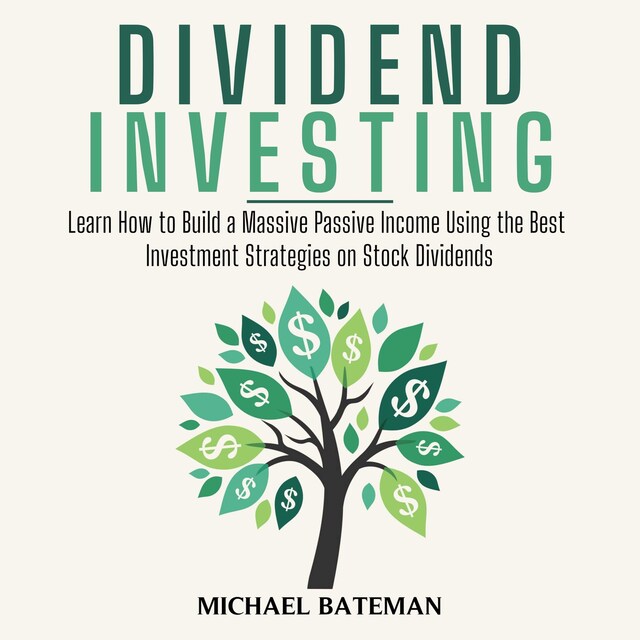
Dividend Investing
Description of the book
Dividend investing is a strategy of buying stocks that pay dividends in order to receive a regular income from your investments. This income is in addition to any growth your portfolio experiences as the stock in it gains value.
Dividends are payments a corporation makes to shareholders. When you own stocks that pay dividends, you are receiving a share of the company profits. Dividend investing allows you to create a stream of income in addition to the growth in your portfolio's market value from asset appreciation.
Experienced dividend investors like to invest significantly in stocks that pay large dividends in order to make money.
Buying stocks that pay dividends can reward you over time as long as you make intelligent buying choices.
If the company you own shares of has a dividend reinvestment plan, or DRIP, you can choose to have your dividends reinvested to buy additional shares, rather than having them paid out as a profit. This is a useful strategy when your dividends are small, either because the company is growing or because you don't own much stock.
Good dividend investors tend to focus on either a high dividend yield approach or a high dividend growth rate strategy. Both serve different roles in different portfolios.
A high dividend yield strategy focuses on slow-growing companies that have substantial cash flow. This allows them to fund large dividend payments and produces an immediate income.
A high dividend growth rate strategy focuses on buying stock in companies that currently pay lower-than-average dividends but are growing quickly. This allows investors to buy profitable stocks at a lower rate and make a large absolute dollar income over a 5- or 10-year period.


